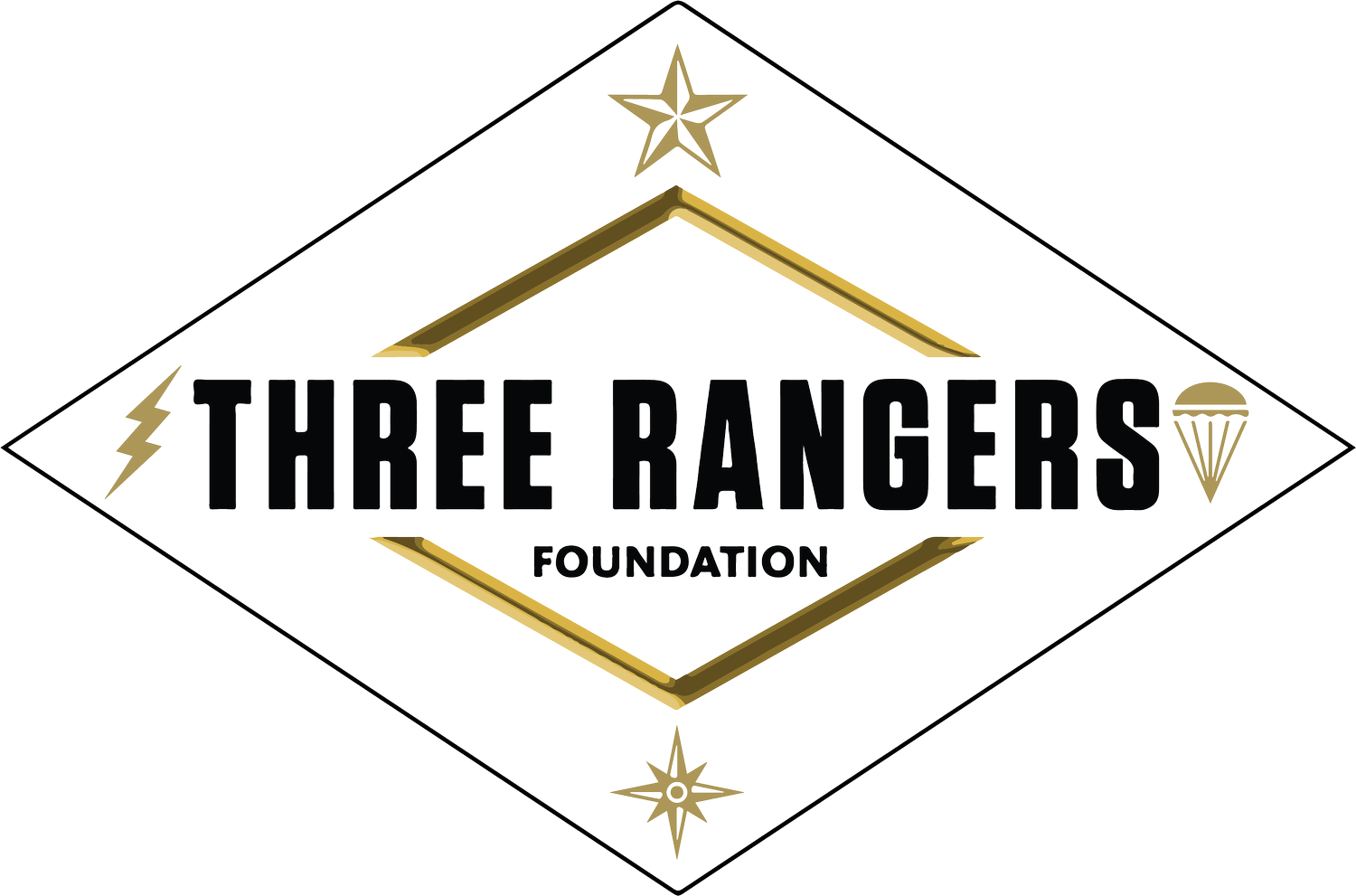MORE LEADERSHIP THOUGHTS
Great leaders don’t hire smart people to dictate tasks. They hire them to unleash their experience and potential. But talent needs motivation, resources, and guidance-that’s leadership!
RELATIONSHIPS AND NETWORKING
With vets, it’s not about resumes, it’s about networking. It’s not about what you know, it’s not so much who you know, it’s who you get to know.
RESUMES VS RANGER NETWORK
We’ve all heard the saying: It’s not what you know, it’s who you know. But I’ll tell you it’s really, “Who you get to know”…
A TIME FOR REFLECTION
I remind myself that I’m not alone. I lean on those who’ve been through it with me—often without them even knowing.
HONORING VETERANS AND STRENGTHENING THE NEXT GENERATION
How do we make this generation of veterans the most effective it can be?
MORE LEADERSHIP THOUGHTS
Rule #1. Take care of your people, as if it were your religion. Rule #2, see rule #1.
MORE LEADERSHIP THOUGHTS
Life is like jumping out of an airplane for a combat jump. You never land where you thought/hoped you would.
MORE LEADERSHIP THOUGHTS
How you communicate with your boss, your peers, and the folks that you supervise must be consistent.
WHY DO WE INTRODUCE RANGERS TO OTHER RANGERS IN THE AREA THEY ARE GOING TO?
It’s not what you know, it’s usually not even who you know, but it’s who you get to know!
MEMORIAL DAY
For you veterans out there, Memorial Day is when we can open that secured door to be with those guys who were on our left and right.
RANDOM THOUGHTS ON LEADERSHIP
Servant Leadership, Leadership Under Pressure, Leader Communications
A TIME FOR REFLECTION
With Veterans Day just a few weeks behind us, several unit commemorations recently, and the Holidays approaching, it’s a time for reflection.
TRANSITION IS A LIFELONG EVENT
Networking is relationships. Networking without relationships is not much more effective than the old newspaper wanted ads.
ALIGNMENT IN AN ORGANIZATION
Alignment, both vertically and horizontally, across an organization is key to success, growth, and initiative.




















